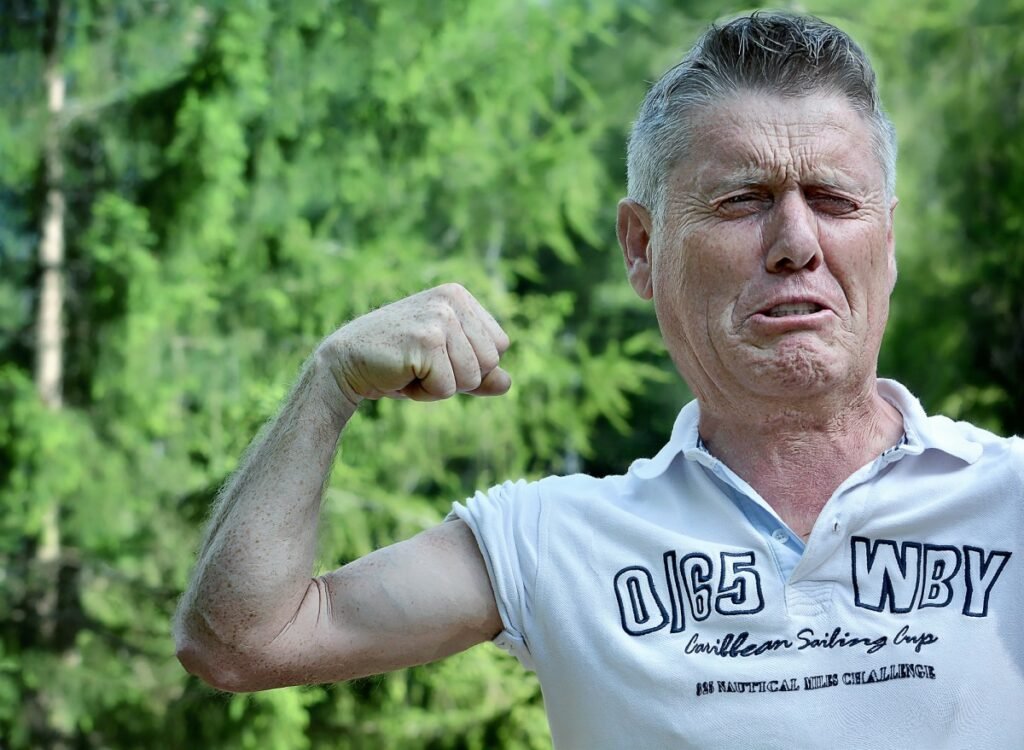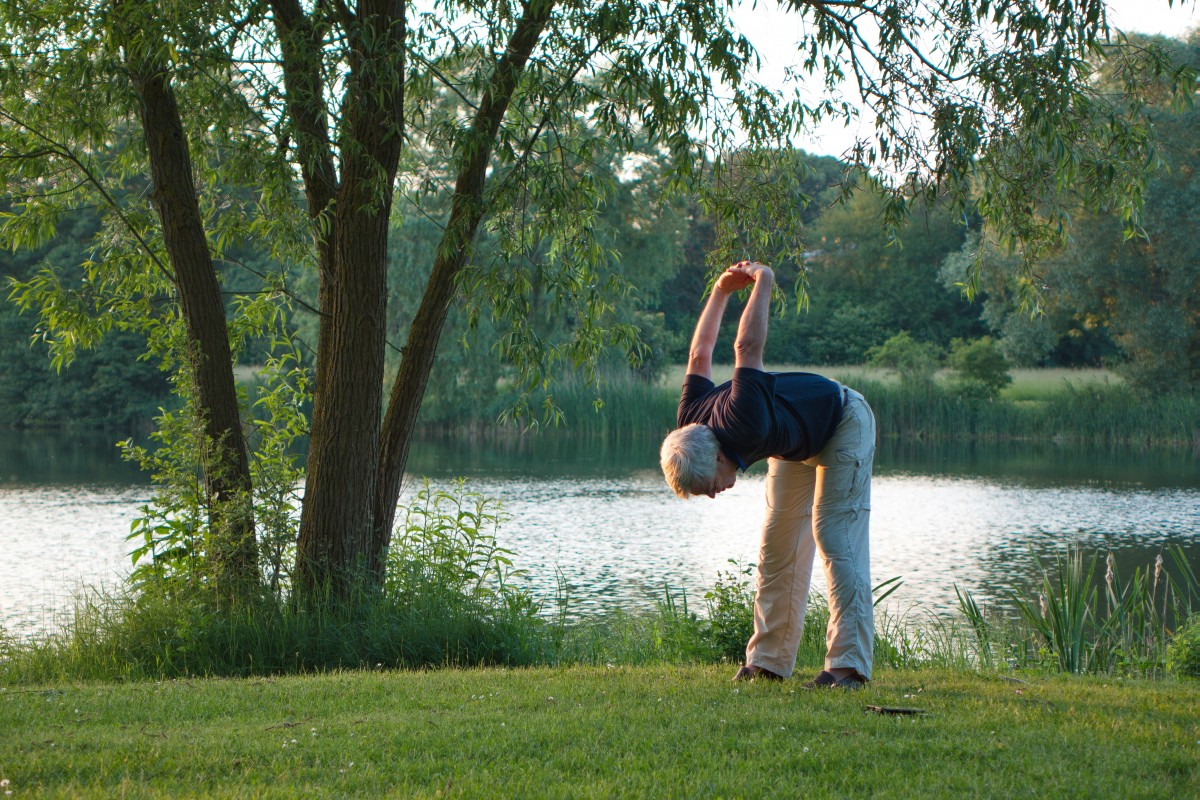Bones play many roles in the body – they provide structure, protect organs, anchor muscles and store calcium. While it is important to build strong and healthy bones during childhood and adolescence, during adulthood you can take steps to protect your bone health.
Why is bone health important?
Your bones are constantly changing – a new bone is formed and the old bone disintegrates. When you are young, your body makes new bone faster than it breaks down old bone, and your bone mass grows. Most people reach their maximum bone mass in about 30 years. Then the bone remodeling continues, but you lose a little more bone mass than you gain.
How likely you are to develop osteoporosis – a condition that makes bones weak and brittle – depends on how much bone you gain by the age of 30 and how quickly you lose it. The higher your maximum bone mass, the more bone you have “in the bank” and the less likely you are to develop osteoporosis with age.

What to do to keep bones healthy?
You can take a few simple steps to prevent or slow down bone loss. For example:
- Include a lot of calcium in your diet. Good sources of calcium include dairy products, almonds, broccoli, cabbage, canned bone-in salmon, sardines, and soy products such as tofu. If it is difficult for you to get enough calcium from your diet, ask your doctor for supplements.
- Watch out for vitamin D. Your body needs vitamin D to absorb calcium. Fatty fish such as salmon, trout and tuna are good sources of vitamin D. In addition, mushrooms, eggs, and fortified foods such as milk and cereals are good sources of vitamin D. Sunlight also contributes to vitamin D production.
- Include physical activity in your daily activities. Weightlifting exercises, such as walking, jogging, and climbing stairs, can help you build strong bones and slow bone loss.
- Avoid substance abuse. Don’t smoke. If you are a woman, avoid drinking more than one alcohol every day. If you are a man, avoid drinking more than two alcoholic drinks a day.



